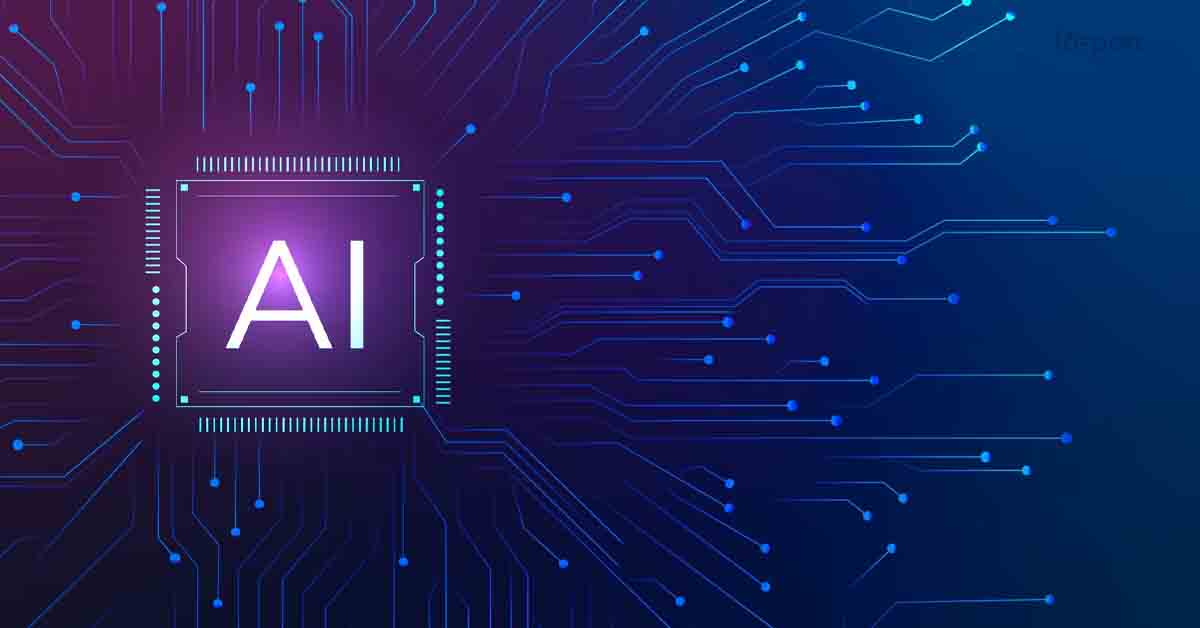Introduction Future of Artificial Intelligence:
Artificial Intelligence (AI) has witnessed remarkable progress in recent years, revolutionizing various industries and transforming the way we live and work. With advancements in machine learning, neural networks, and deep learning algorithms, AI systems have become increasingly sophisticated and capable of performing tasks that were once deemed impossible for machines. As we delve into the future of AI, it is essential to explore both the exciting advancements and the potential implications they may bring. This article examines the future of artificial intelligence, highlighting key advancements and discussing their implications across different sectors.
Advancements in AI:
1. Machine Learning and Deep Learning:
Machine learning techniques, fueled by vast amounts of data and powerful computing resources, have propelled AI to new heights. Deep learning, a subset of machine learning, has revolutionized various domains, including computer vision, natural language processing, and speech recognition. The future of AI lies in advancing these techniques to enhance their accuracy, efficiency, and ability to handle complex tasks.
2. Reinforcement Learning:
Reinforcement learning, a branch of machine learning, enables AI systems to learn and improve through interactions with the environment. This approach has proven successful in gaming, robotics, and autonomous vehicles. Future advancements in reinforcement learning will enable AI systems to exhibit higher levels of autonomy and decision-making capabilities.
3. Explainable AI:
As AI systems become more complex and integrated into critical sectors, the need for transparency and explainability becomes paramount. Explainable AI aims to develop models and algorithms that can provide understandable explanations for their decisions and actions. This area of research will be crucial for AI’s acceptance and adoption in fields like healthcare, finance, and law.
4. Quantum Computing:
Quantum computing holds immense potential for advancing AI capabilities. Quantum algorithms can solve complex problems much faster than classical computing algorithms. In the future, quantum computing may accelerate AI training and improve
5. Natural Language Processing:
Advancements in natural language processing (NLP) have led to significant improvements in speech recognition, language translation, and sentiment analysis. The future of AI in NLP lies in developing systems that can understand and generate human-like language with high accuracy. This will pave the way for more advanced chatbots, virtual assistants, and automated language processing systems.
6. Computer Vision:
Computer vision has enabled machines to interpret and understand visual information, leading to applications such as facial recognition, object detection, and autonomous vehicles. The future of AI in computer vision involves enhancing the ability of machines to perceive and analyze visual data in real-time, enabling applications in fields like augmented reality, healthcare diagnostics, and surveillance.
7. Robotics and Automation:
AI-powered robots have already transformed industries such as manufacturing and logistics. The future holds even greater advancements in robotics and automation, with robots becoming more intelligent, adaptable, and capable of complex tasks. Collaborative robots, or cobots, will work alongside humans, enhancing productivity and efficiency in various sectors while ensuring safety.
Implications of AI Advancements:
1. Workforce Transformation:
As AI systems become more capable, there is a concern about the impact on the workforce. While AI has the potential to automate repetitive and mundane tasks, it also opens up new opportunities for human workers to focus on creative and complex endeavors. However, reskilling and upskilling programs will be crucial to prepare the workforce for the AI-driven economy of the future.
2. Ethical Considerations:
With AI systems making decisions and influencing various aspects of our lives, ethical considerations become paramount. Issues such as bias in AI algorithms, privacy concerns, and accountability need to be addressed. The future of AI necessitates the development of ethical frameworks, regulations, and responsible AI practices to ensure fair and unbiased outcomes.
3. Socioeconomic Impact:
The widespread adoption of AI may have profound socioeconomic implications. While AI can bring economic growth and increased productivity, it may also lead to job displacement and income inequality if not managed carefully. Policymakers and organizations need to consider the potential socioeconomic impact of AI and devise strategies to mitigate any negative consequences.
4. Security and Privacy:
AI systems rely on vast amounts of data, raising concerns about security and privacy. Safeguarding data from breaches and unauthorized access becomes crucial in the future. Additionally, AI-powered cyber-attacks pose new threats, and the development of robust AI-based security measures will be essential to combat them effectively.
5. Healthcare and Medicine:
AI advancements have the potential to revolutionize healthcare by enabling more accurate diagnoses, personalized treatments, and drug discovery. AI systems can analyze vast amounts of medical data, identify patterns, and assist healthcare professionals in making informed decisions. However, ensuring patient privacy, regulatory compliance, and maintaining a balance between AI and human expertise are critical considerations in this domain.
Conclusion:
The future of artificial intelligence holds immense promise and potential. Advancements in machine learning, deep learning, reinforcement learning, explainable AI, quantum computing, natural language processing, computer vision, and robotics will continue to shape the AI landscape. However, careful attention must be given to the implications of these advancements. Addressing workforce transformation, ethical considerations, socioeconomic impact, security and privacy concerns, and domain-specific challenges will be crucial in maximizing the benefits of AI while minimizing potential risks. By harnessing the power of AI responsibly, we can create a future where humans and machines collaborate, driving innovation, and improving the quality of our lives.

Comments are closed.